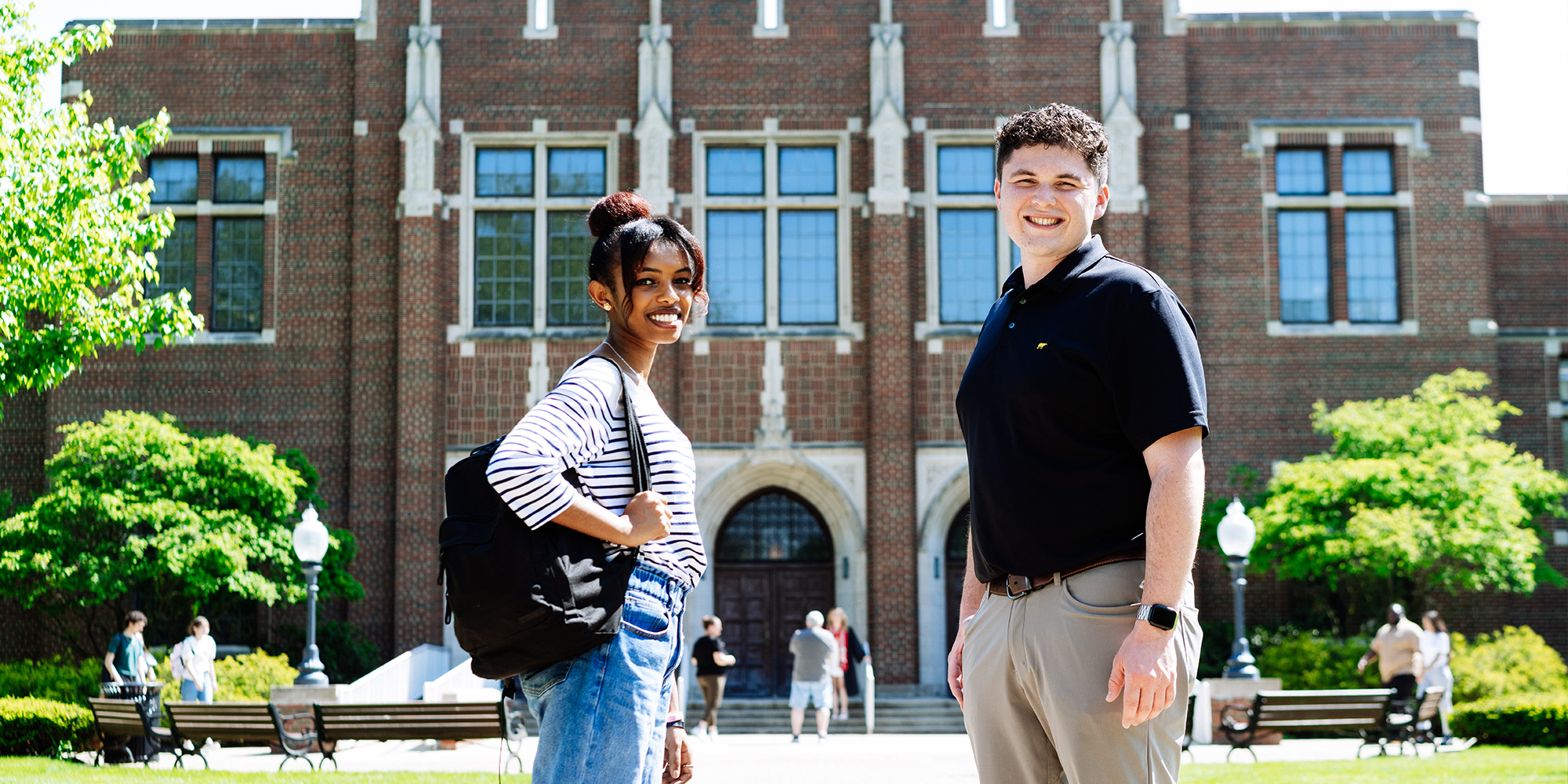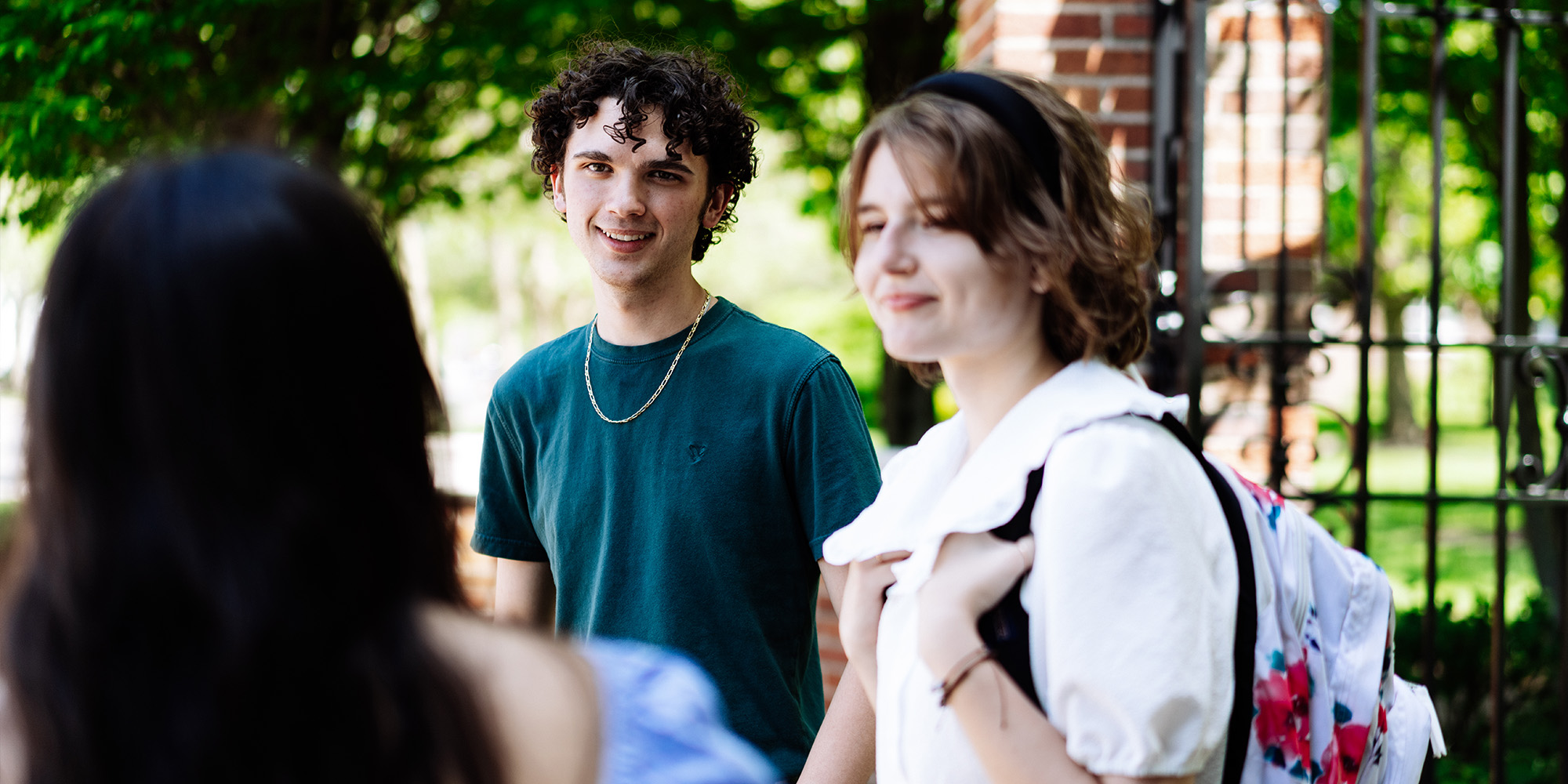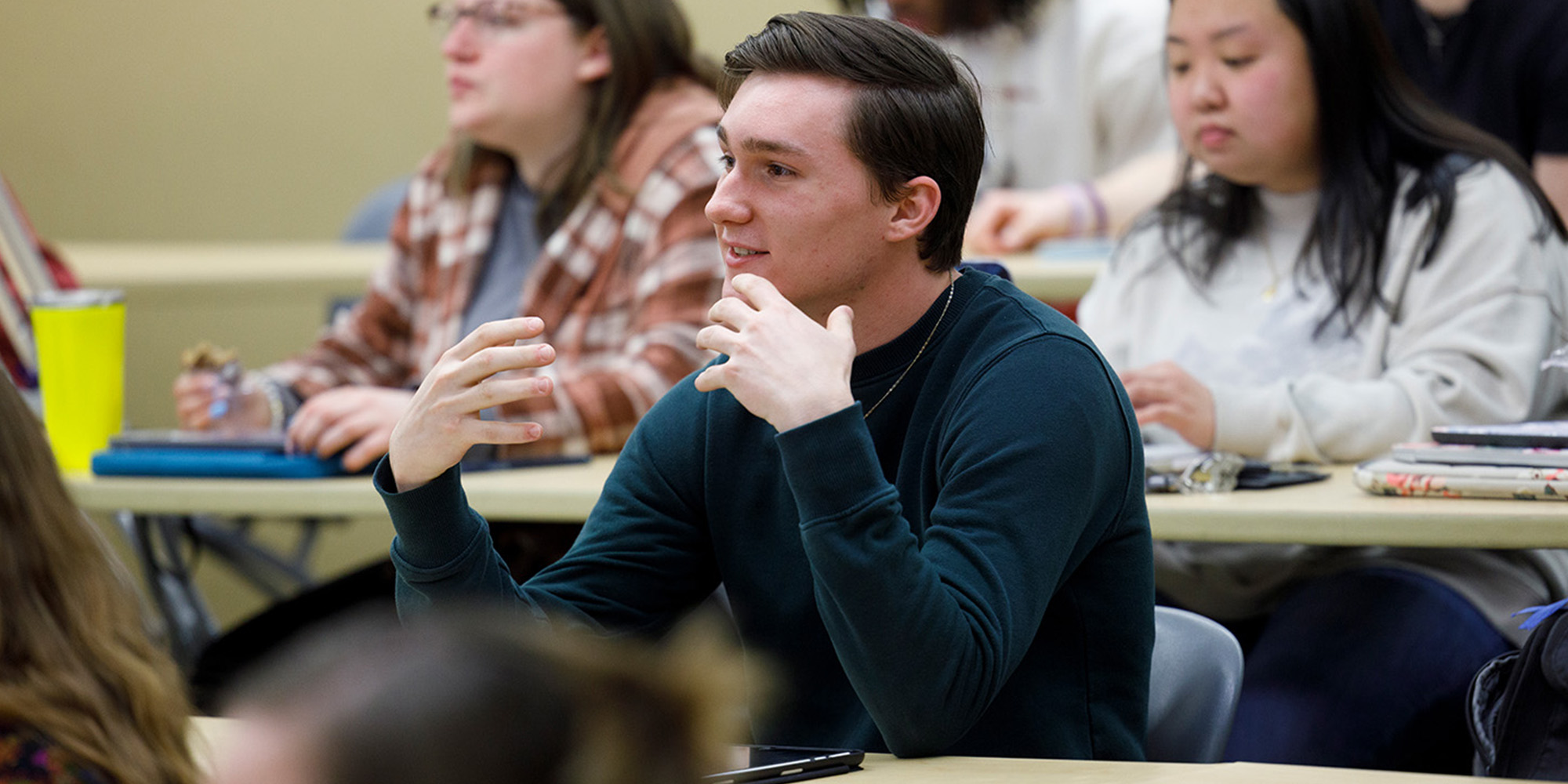Student to Faculty Ratio
Of Students Complete Either a Capstone or Internship Experience
Faculty Advising from Start to Finish
Explore this Program
With campus only minutes away from Columbus, students have the opportunity to apply what they learn in the classroom to real life settings through internships, community engagement projects, undergraduate research and studying abroad. Under direction of the Criminology faculty, students have the opportunity to engage in internships and community service for the duration of one or two semesters. Students can further enrich their educational journey, in coordination with faculty and the International Education Office, through study at the Washington Center in Washington, D.C., or study abroad.
At Capital, Criminology and Sociology are offered as both majors and minors. Sociology is the social science field that is concerned with the study of the human condition: social existence, social behavior, social issues and problems, and how societies function and change. Criminology is the social science field that is concerned with the study and analysis of crime: the definition of crime, the causes of crime and criminal behavior. With a 12:1 student to faculty ratio, the professional faculty are dedicated to teaching students and ensuring their success both during their time at Capital and after graduation.
The dedicated Criminology faculty are determined to bring out the best in all of our students and introduce them to an in-depth understanding of their chosen field. Each student is paired with a faculty advisor that will help them navigate through the required classes and their time at Capital. As professionals, the faculty are able to make invaluable career introductions, write recommendation letters for graduate school, and mentor students as they pursue jobs in their chosen fields.
Sample Classes
- Introduction to Sociology
- Principles of Criminology
- Social Ethics
- Career Planning
- Criminal Justice System
- Juvenile Justice
- Victimology
“I was attracted to Capital and appreciated the personal attention I received from the faculty from the moment I stepped on campus. It was always that Capital truly cared about their students and was committed to their success! During my last semester, I interned with an organization that runs a network of halfway houses. I accepted a full-time job with them immediately after graduation. I truly love my job and the opportunity I have to help offenders make positive changes and choices in their lives.”
-Rebecca Neubig, Criminology and Sociology, Class of 2018

Request Information
Request Information
Schedule a Visit
Schedule a Visit
Apply to Capital
Apply Now